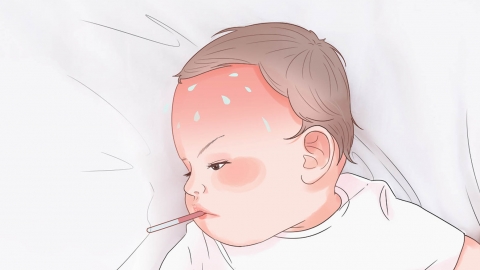What is the difference between acute leukemia and chronic leukemia?
Generally, acute leukemia and chronic leukemia differ in several aspects including the speed of onset, maturity of leukemia cells, symptom presentation, treatment approaches, and prognosis. A detailed analysis is as follows:

1. Speed of Onset: Acute leukemia typically has a rapid onset with swift disease progression, causing noticeable discomfort in a short time. Without timely intervention, the condition deteriorates quickly. In contrast, chronic leukemia has a hidden onset with slow progression; early symptoms are often absent, and the disease course can last for a long time.
2. Maturity of Leukemia Cells: The leukemia cells in acute leukemia are mostly immature cells with very low differentiation, unable to perform normal cellular functions. In chronic leukemia, the leukemia cells are more mature with relatively better differentiation, and some cells can still carry out certain normal physiological functions.
3. Symptom Presentation: Acute leukemia is often accompanied by severe symptoms such as fever, anemia, bleeding, and infection, with significant systemic reactions and rapid progression. Early symptoms of chronic leukemia are mild and may only manifest as fatigue and low-grade fever. As the disease progresses, symptoms such as enlarged spleen and swollen lymph nodes gradually appear.
4. Treatment Approaches: Acute leukemia requires high-intensity chemotherapy to control the disease rapidly. Some patients may need hematopoietic stem cell transplantation to eliminate abnormal cells. Treatment for chronic leukemia is relatively milder. Early stages may not require immediate treatment, and as the disease progresses, targeted drugs or chemotherapy are commonly used for disease control.
5. Prognosis: If not treated promptly, acute leukemia has a very poor prognosis and can be life-threatening within a short period. With aggressive treatment, some patients may achieve long-term remission. Chronic leukemia has a longer disease course, and with proper treatment, survival can be prolonged. However, once the disease progresses to the accelerated or blast crisis phase, the prognosis may worsen.
Maintaining healthy lifestyle habits, such as balanced nutrition, avoiding exposure to harmful substances, and undergoing regular medical checkups, can help with early detection and management.






